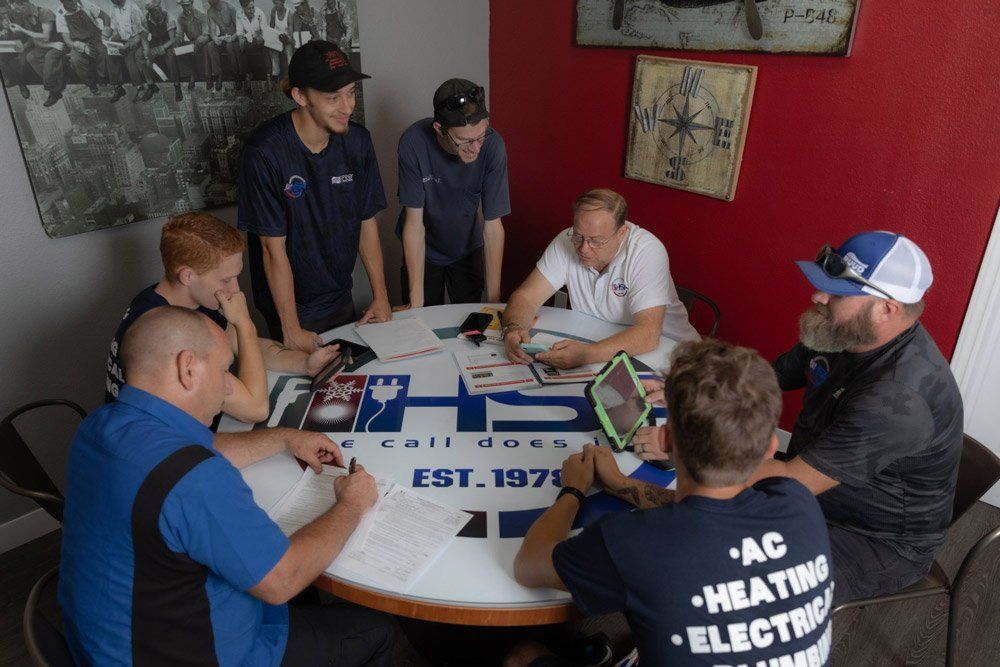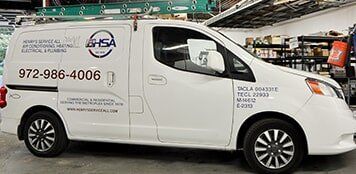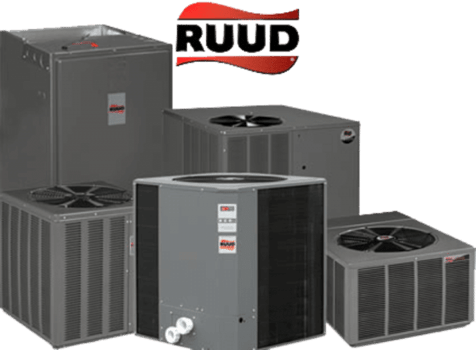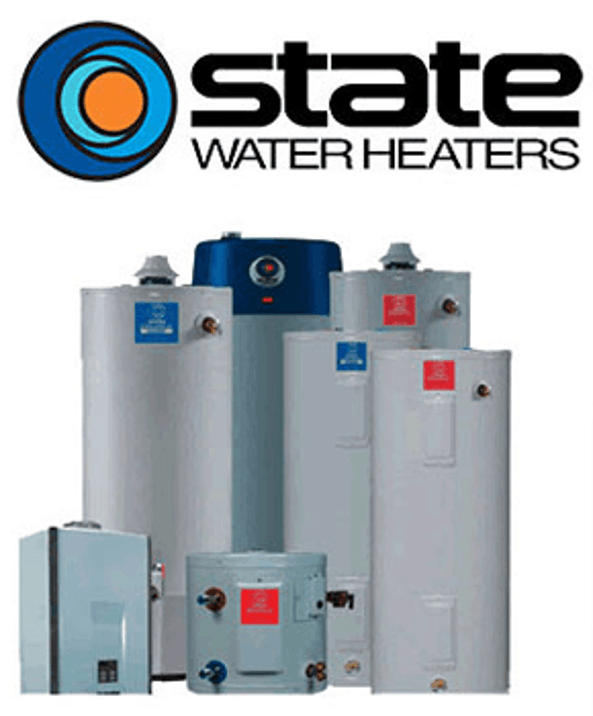Signs That You Should Replace Your Home's HVAC System
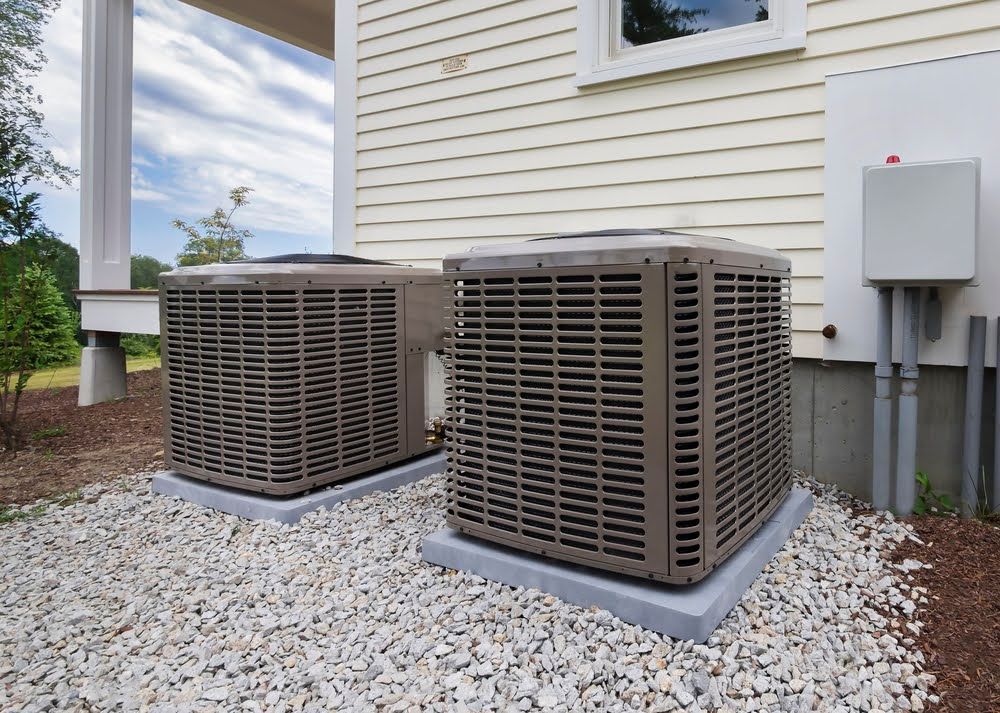
Your home's HVAC system plays a vital role in maintaining your indoor comfort and air quality. However, like any other mechanical system, HVAC systems have a finite lifespan. Over time, they can become less efficient, leading to increased energy bills and discomfort. Discover some key signs that indicate you should replace your home's HVAC system.
Strange Sounds
If you hear loud clanging, banging, hissing, or screeching noises coming from your HVAC unit, pay attention. These sounds often point to various problems, such as a malfunctioning compressor, worn-out parts, or even a failing motor.
If you ignore these signs, you may have worse problems down the road and potentially costly repairs. Instead of trying to muffle the noise, have a professional HVAC technician inspect your system to determine if replacement is necessary.
Increased Running Time
A well-functioning HVAC system should efficiently heat or cool your home within a reasonable time frame. If you have noticed that your system runs continuously but struggles to reach the desired temperature, this is a red flag. Increased running time can be a sign of aging components, reduced efficiency, or inadequate performance.
Older HVAC units may struggle to maintain the desired temperature due to wear and tear on critical parts, such as the compressor and evaporator coil. A replacement system with modern technology can provide better efficiency and faster temperature control.
Rising Energy Bills
Have you noticed a suspicious rise in your energy costs despite maintaining the same level of comfort in your home? Rising energy costs can be indicative of an inefficient HVAC system. As heating and cooling systems age, they often become less energy-efficient, causing them to consume more electricity or gas to achieve the same results.
Replacing your outdated HVAC system with a newer, energy-efficient model can lead to substantial long-term savings on your utility bills. Look for systems with high SEER (Seasonal Energy Efficiency Ratio) ratings for cooling and AFUE (Annual Fuel Utilization Efficiency) ratings for heating to ensure maximum energy efficiency.
No Cool or Warm Air When Expected
Your HVAC system's primary job is to maintain a comfortable indoor temperature. If it starts blowing warm air when you are expecting cooling or vice versa, this is a clear sign that something is amiss. This could be due to several issues, including refrigerant leaks, faulty compressors, or a malfunctioning thermostat.
Continuing to use an HVAC system that does not provide the desired temperature can lead to discomfort and inefficient operation. In some cases, the cost of repairs to address these issues may be comparable to investing in a new, more reliable system.
Climbing Utility Bills
A sudden spike in your utility bills can be a strong indicator that your HVAC system is no longer performing at its best. As HVAC units age, their efficiency decreases, causing them to consume more energy to maintain the same level of comfort. Consequently, your utility bills may steadily climb over time.
Before you assume that your increased energy costs are solely due to rising energy prices, consider having an HVAC technician assess your system's condition. Upgrading to a modern, energy-efficient HVAC system can lead to significant savings over the long run, offsetting the initial investment.
If you notice any of these signs, consult with
Henry's Service All to evaluate your system's condition and discuss the benefits of upgrading to a more efficient and reliable model. Contact us to have peace of mind knowing that your home's HVAC system is operating at its best. We will be happy to go over any questions or concerns you may have so that you can enjoy an HVAC system that works well for years to come.
